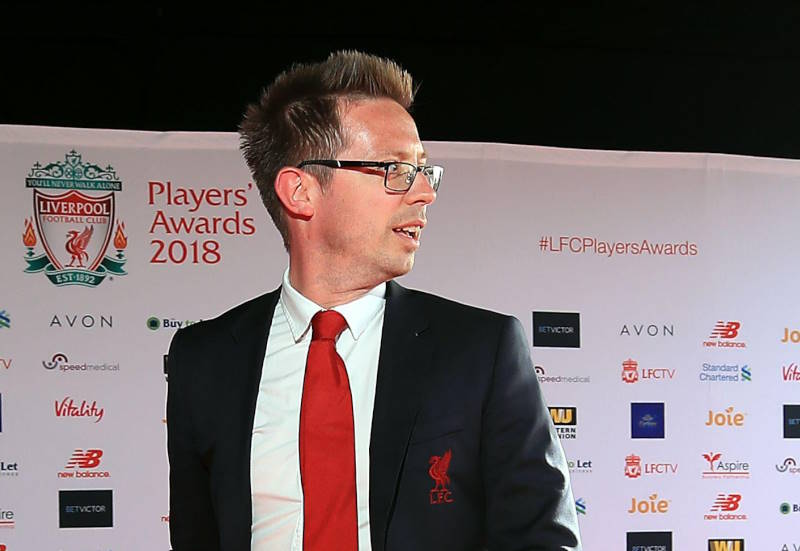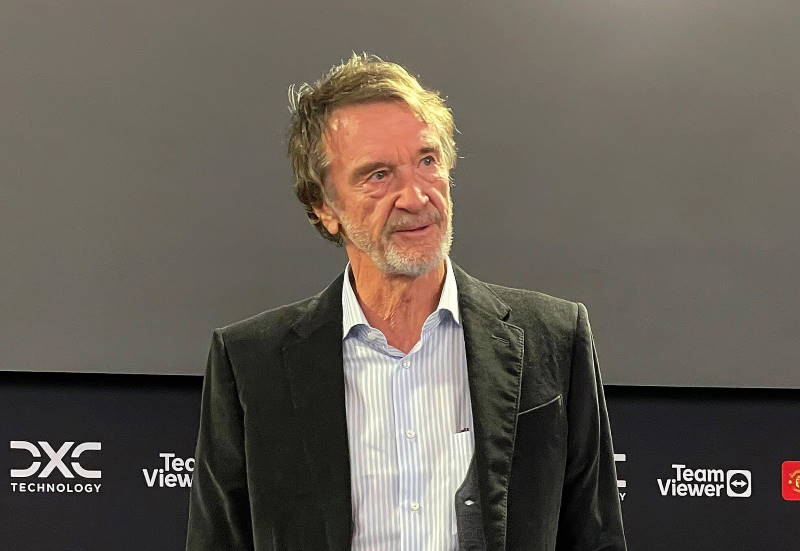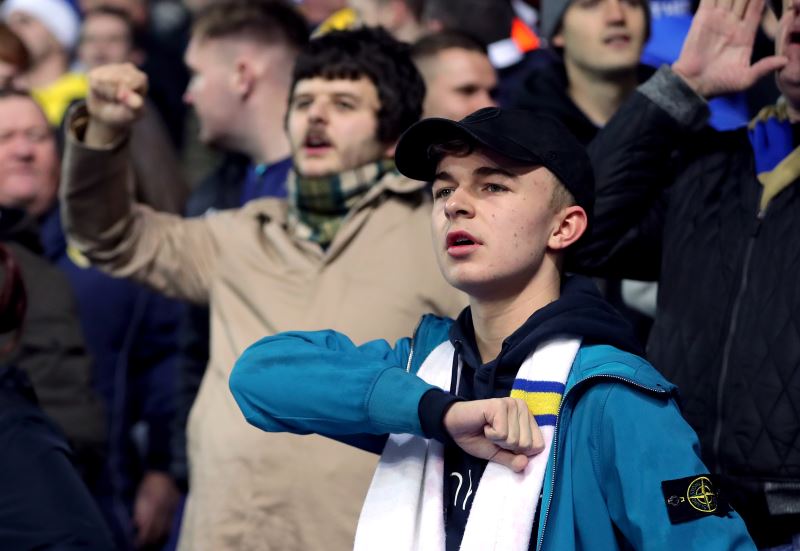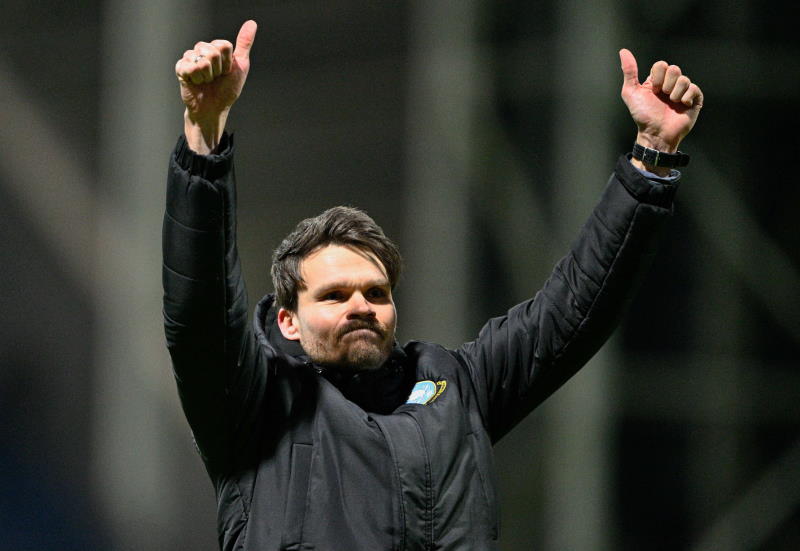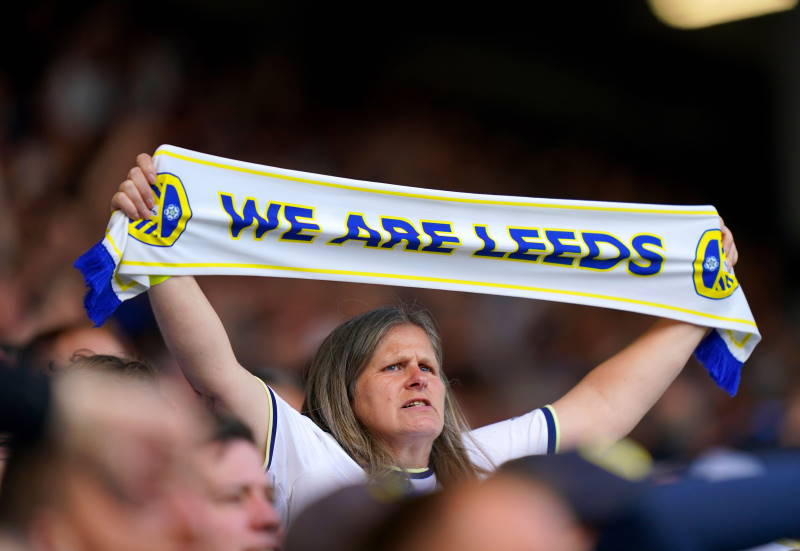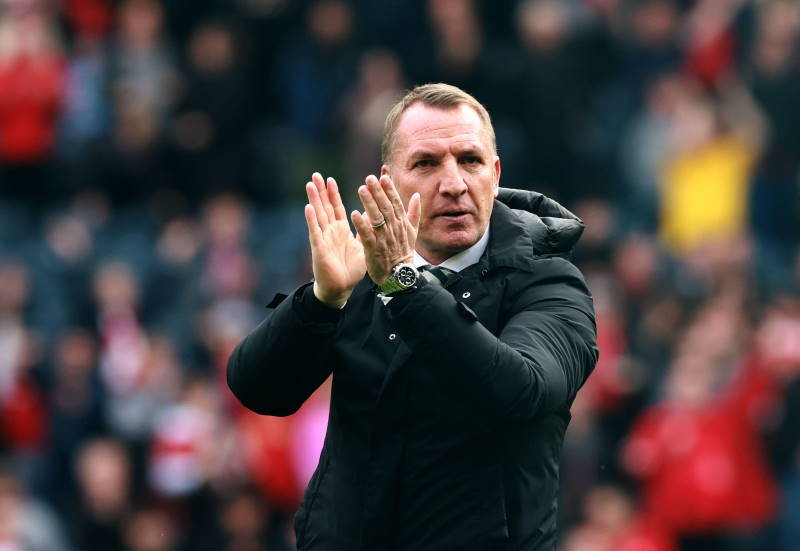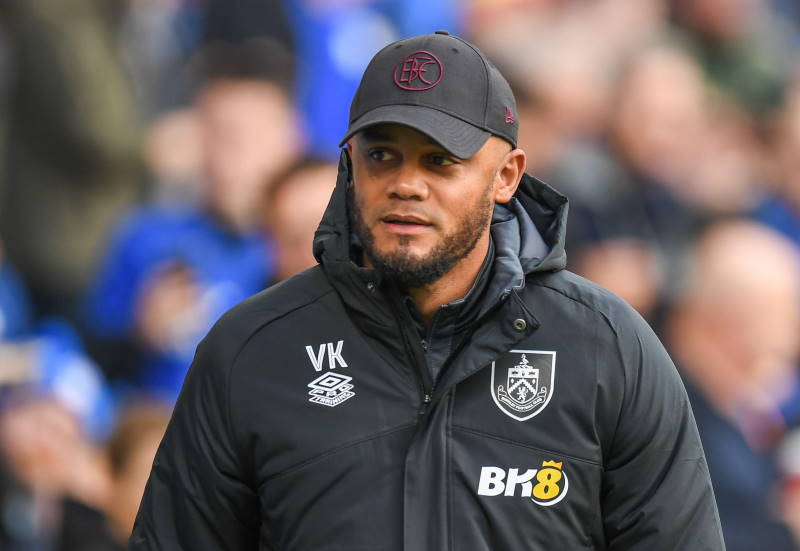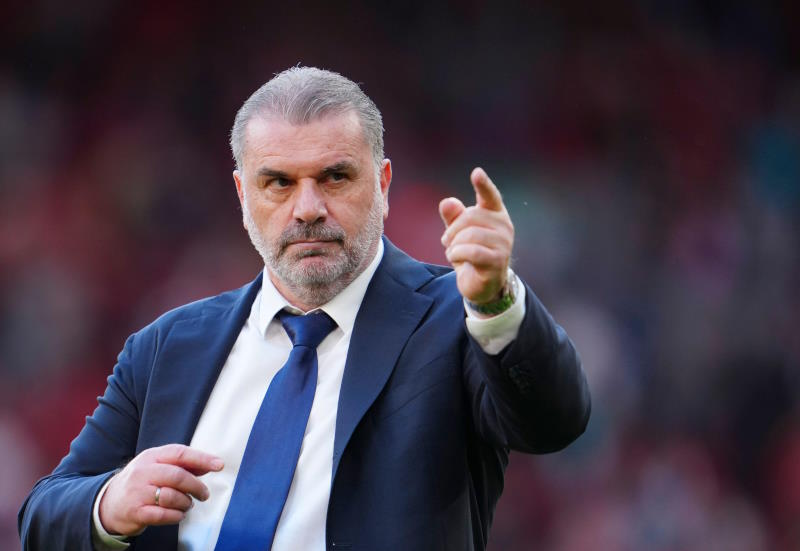
Russia’s national team takes to the field on Wednesday for the first time since failing to reach the World Cup – but the outcome of the clash with Hungary in Budapest is of less interest than the race to replace Guus Hiddink as manager.
Following the election of Sergei Fursenko as president of the Russian Football Union, Hiddink announced he would stand down at the end of his lucrative $7M contract and duly signed up to coach Turkey.
Soon afterwards sports minister Vitaly Mutko – who as RFU boss approved Hiddink’s appointment – announced that the new coach should be Russian; "someone who understands our way of thinking".
Not that Mutko is copping any flack for the Dutchman’s costly contract and ultimate failure to get past the less-than-intimidating might of Slovenia and on the plane to South Africa.
Pointing to his Euro 2008 success, the politician smoothly refered back to the days when pre-Hiddink Russia was languishing around 36th in the FIFA rankings and seeded among the outsiders when qualifying draws were made.
Having broken into the top seeds, Russia was rewarded with a fairly straightforward qualifying group for Euro 2012, vindicating Hididnk’s appointment as far as Mutko was concerned.
But times change, and while the Russian media, supporters and footballing community was once willing to embrace an outsider, the new mood demands a local hero to lead the nation.
Contenders include two old-timers, a maverick and a dark horse from the former Yugoslavia, though Fursenko says seven or eight candidates are being asked to draw up their plans to develop the Russian game over the next four years.
The old-timers, to nobody’s great surprise, are Valery Gazzayev and Yury Semin. Gazzayev has won everything there is to win in Russian football, first with unfashionable Alaniya Vladikavkaz then with the big guns of CSKA Moscow.
The 2005 UEFA Cup triumph with the army side was Russia’s first European club trophy, and secured his place as a coaching great.
Gazzayev was an outspoken critic of Hiddink’s appointment, believing the team should be headed by a Russian, and while he is currently working at Dynamo Kyiv it is likely he would be willing to return to Russia.
However, he has already had one stint in charge, from 2002 to 2003, which ended acrimoniously. Poor results included embarrassing defeats in Albania and Georgia amid claims of a divided dressing room, and saw a red-faced Gazzayev taking his moustache back to CSKA while Georgy Yartsev salvaged Russia’s qualification campaign for Euro 2004.
Semin’s story is similar: a hero at Lokomotiv Moscow, where he led them to two titles and into the knock-out stages of the Champions League, he also coached in Kyiv before returning to Lokomotiv and spearheading a late push which saw them only miss out on third place on goal difference.
As an experienced and respected coach, he too has the influence to land the job – but also has had an unhappy time in charge of the national team.
His 2005 attempt to drag Russia’s underachieving squad to the World Cup in Germany ended in failure, and saw him take up a club post at Dynamo Moscow where he also struggled to blend an expensive but ineffective mix of Portuguese stars including Maniche, a Champions League winner with Porto.
Which leaves the maverick, Gurban Berdyev of Rubin Kazan. Back-to-back Russian titles with a provincial team, punching above his weight in Europe, he appears to be a man on the up.
But doubts remain. His awkwardness in front of the media – he claimed to be "mortified" when a tape of him dancing at a championship party in Kazan was shown on TV, and prefers to mumble his way through press conferences – would be heavily exposed in the inevitable inquest that follows every game of the national side.
And his fans in Kazan regard him as a one-off, capable of coaxing great things from those who trust him but unconcerned about alienating those who don’t buy into his methods.
Moreover, as a practising Muslim born in then-Soviet Turkmenistan he may appear more foreign than a European to many Russians. Much like Brian Clough and England, Berdyev seems likely to be the best manager Russia will never have.
Among the other big clubs with Russian coaches there is no outstanding candidate. CSKA’s Leonid Slutsky is new to his job and has yet to prove he can deliver at the top level, while Spartak Moscow’s flamboyant Valery Karpin is joint chairman of the side and unlikely to sanction his own departure on a full-time basis. At Dynamo Andrei Kobelov is seen as a promising young coach capable of developing young talent, but may be rather too cautious in his outlook to be entrusted with a side which relies on attacking flair to cover up a creaking defence.
Which leaves the dark horse – Miodrag Bozovic. Not Russian, but at least Slavic. No experience at a big club, but familiar with Russian football after working with Amkar Perm and FC Moscow. And, following Moscow’s financial collapse, he’s available right away at a salary far below Hiddink’s hefty fee.
Asked about his chances of getting the job, Bozovic said nobody had contacted him but he was ready to discuss it when he met FC Moscow fans to explain the latest news surrounding the beleaguered club’s uncertain future.
Having done great things to get Amkar into Europe, and having been on course to repeat the achievement in Moscow until his side was financially hamstrung, he has proved his mettle as a coach.
However, with the current "Russia for Russians" attitude prevailing at Moscow’s House of Football, it seems unlikely Bozovic will get a chance ahead of the old guard.
Related Articles:
- – FC Moscow Highest Profile Financial Casualty Yet
- – Why CIS Cup Won’t Pique Russian Interest
- – Slutsky Must Manage Changed CSKA Reality



